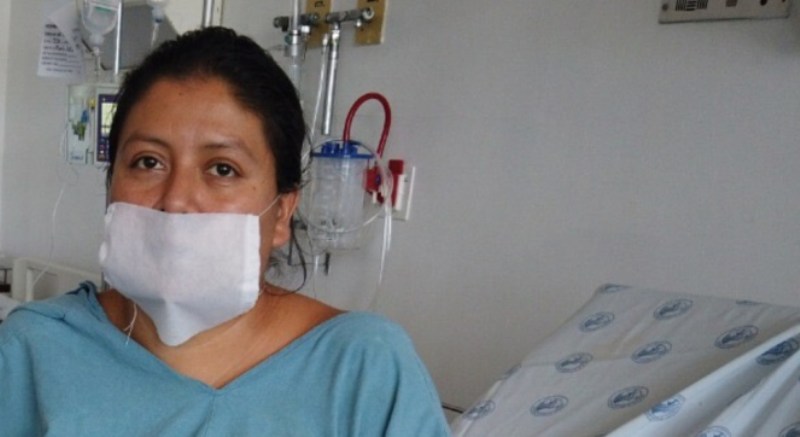 COVID19
COVID19 Long-term symptoms of COVID-19 ‘really concerning’, says WHO chief
New York: With some COVID-19 patients reporting long-term symptoms, including damage to major organs, the World Health Organization (WHO) urged Governments to ensure they receive necessary care.
“Although we’re still learning about the virus, what’s clear is that this is not just a virus that kills people. To a significant number of people, this virus poses a range of serious long-term effects,” said WHO chief Tedros Adhanom Ghebreyesus, speaking in Geneva on Friday during the UN agency’s latest virtual press conference.
The situation also underscores how herd immunity is “morally unconscionable and unfeasible”, he added.
Vast spectrum of fluctuating symptoms
The WHO Director-General described the vast spectrum of COVID-19 symptoms that fluctuate over time as “really concerning.”
They range from fatigue, a cough and shortness of breath, to inflammation and injury of major organs – including the lungs and heart, and also neurological and psychologic effects.
Symptoms often overlap and can affect any system in the body.
“It is imperative that Governments recognize the long-term effects of COVID-19 and also ensure access to health services to all of these patients,” he said.
“This includes primary health care and when needed specialty care and rehabilitation.”
Seven months ‘evaporated’
Three patients – an epidemiologist, a nurse and a 26-year-old software engineer – shared their experiences with COVID-19 and its long-term consequences.
Professor Paul Garner, an infectious disease epidemiologist at the Liverpool School of Tropical Medicine in England, was “fit and well” when he fell ill with the disease in March.
For four months, he battled cyclical bouts of fatigue, headaches, mood swings and other symptoms, followed by three months of complete exhaustion.
“When I overdid things, the illness would echo back, it would come back. And it was completely unpredictable,” he said, speaking via videolink.
Professor Garner reported that his health has only begun to improve within the past two weeks.
“I never thought I would have seven months of my life wiped out by this virus,” he said. “It has just gone, evaporated.”
Against herd immunity
Stories like this underline how people facing the long-term effects of COVID-19 must be given the time and care they need to recover fully, according to the WHO chief.
He explained that herd immunity is only possible when a safe and effective COVID-19 vaccine has been distributed globally, and equitably. “It also reinforces to me just how morally unconscionable and unfeasible the so-called ‘natural herd immunity’ strategy is,” he said, adding, “not only would it lead to millions more unnecessary deaths, it would also lead to a significant number of people facing a long road to full recovery.”
“And until we have a vaccine, Governments and people must do all that they can to suppress transmission, which is the best way to prevent these post-COVID long-term consequences,” he stated.
Support Our Journalism
We cannot do without you.. your contribution supports unbiased journalism
IBNS is not driven by any ism- not wokeism, not racism, not skewed secularism, not hyper right-wing or left liberal ideals, nor by any hardline religious beliefs or hyper nationalism. We want to serve you good old objective news, as they are. We do not judge or preach. We let people decide for themselves. We only try to present factual and well-sourced news.







